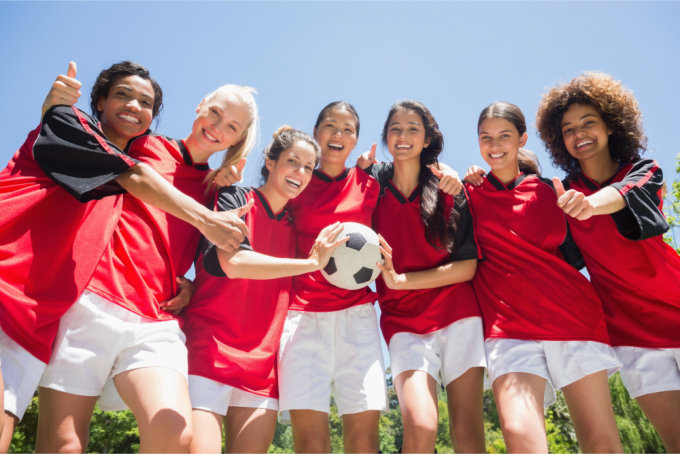
Transitioning to college sports can be an exciting yet challenging time for incoming first year student-athletes. Beyond physical readiness, mental preparation ensures greater success in transitioning to a new environment. As experts in athletic mental health and performance, we have enlisted practical tips to help athletes mentally prepare for the transition.
- Set Small, Process Goals
Establishing clear and achievable goals is essential for focus, a clear head and mental preparation. By setting specific process goals, such as showing up with a great attitude, being open to learning, staying focused when it’s difficult helps student-athletes focus on what they can control (their attitude, concentration and effort (A.C.E.). Whether your goals involve improving your mental performance in reaction to a mistake (think body language and self-talk!) or improvement in the accuracy, speed or consistency of executing a particular skill, you help the team improve by working hard, having a great attitude, showing up on time, and staying focused throughout training, meetings, practices and other sport and academic-related activities.
- Develop Mental Toughness
College sports is demanding, physically, mentally and emotionally. Athletes need to cultivate mental toughness to persevere through challenges and setbacks. A resilient mindset involves staying positive amidst adversity, maintaining confidence in one’s abilities, and recovering quickly from mistakes. If you are struggling with this, we offer performance services in Utah to help athletes develop these crucial mental skills. Register for our Making the Leap program this summer to help you transition to collegiate athletics with the skills of a consistent confident performer.
- Manage Stress and Pressure
College sports come with increased competition, academic responsibilities, and social pressures. Athletes who learn how to manage stress effectively give themselves a chance to perform at their best. Time management skills, prioritizing tasks, joining mental health and performance webinars that teach stress management skills, and seeking support from coaches, teammates, and counselors can help athletes navigate the demands of college life while maintaining optimal mental well-being.
- Stay Flexible and Adapt
Transitioning to college sports requires adaptability and flexibility. Athletes may encounter new coaching styles, team dynamics, and performance expectations. Athletes who embrace change and are open to learning and growth tend to find more success and enjoyment. Flexibility in mindset allows athletes to adjust to new situations, overcome obstacles, and thrive in the college sports environment.
Choose 360 Mental Health & Performance Services for comprehensive mental health and performance services. We are your trusted source for sports psychology, dedicated to helping first year collegiate athletes prepare for success for a great transition to college sports and beyond. Contact us today!

